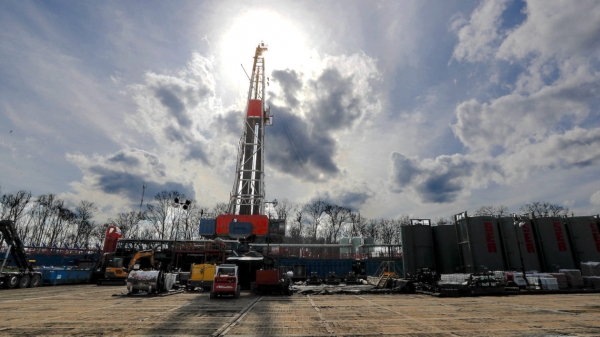Almost 20 years after the adoption of hydraulic fracturing began to supercharge U.S. production of oil and gas, there’s growing evidence of a correlation between the industry’s activities and an array of health problems ranging from childhood cancer and the premature death of elderly people to respiratory issues and endocrine disruption.
While the oil and gas industry insists its processes are safe, and regulators have set rules designed to prevent the contamination of air and water by “fracking” technology, advocates for stricter limits on the practice, or even an outright ban, point to an increasing number of studies suggesting that fracking poses a threat to public health.
A paper by the Yale School of Public Health this summer showed that children living near Pennsylvania wells that use fracking to harvest natural gas are two to three times more likely to contract a form of childhood leukemia than their peers who live farther away. That followed a Harvard study in January that found elderly people living near or downwind from gas pads have a higher risk of premature death than seniors who don’t live in that proximity.
Read More: Yale Environment 360
A shale gas drilling rig in St. Marys, Pennsylvania. (Photo Credit: Keith Srakocic)


